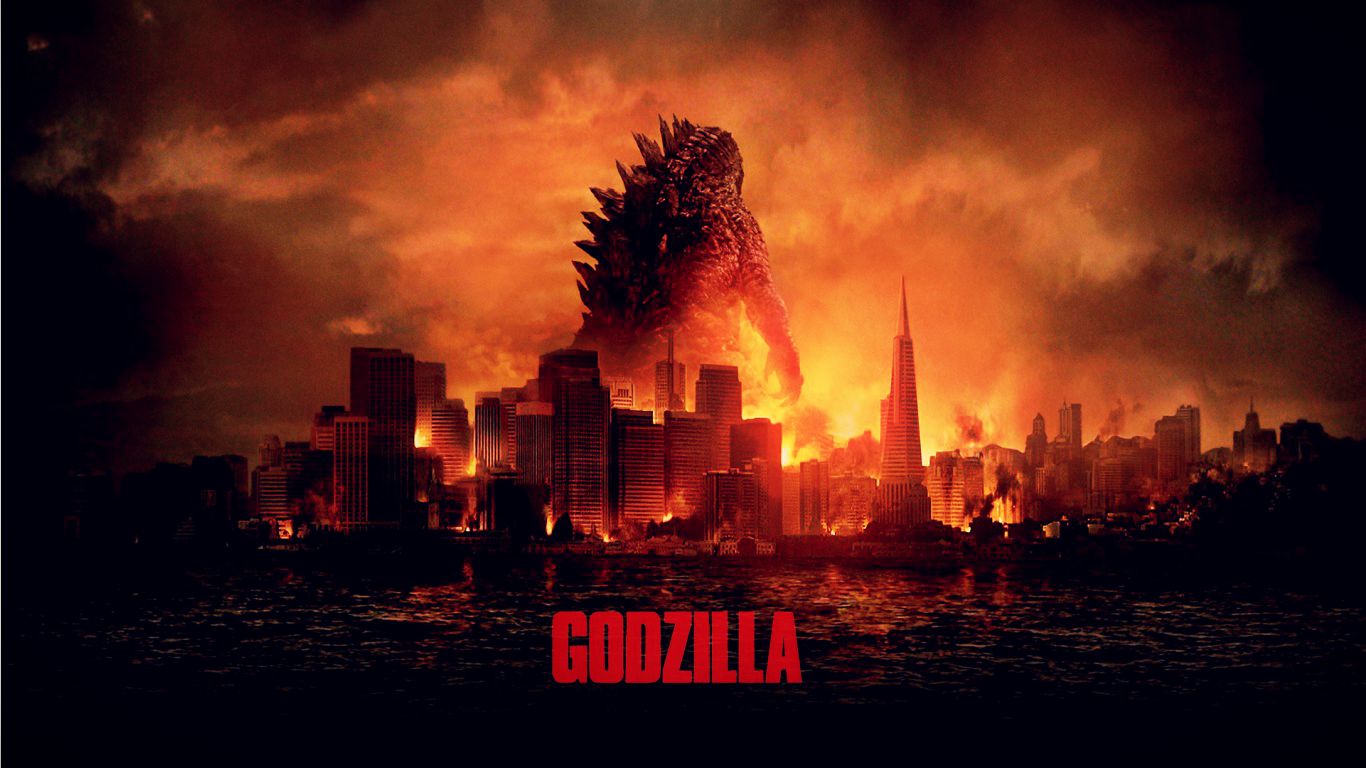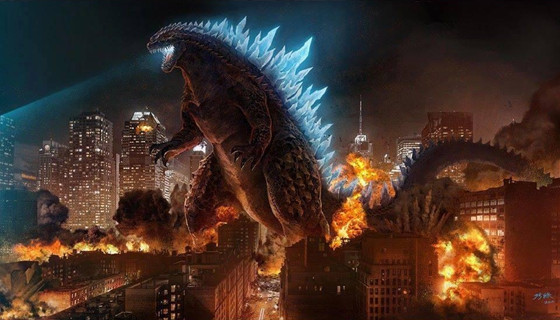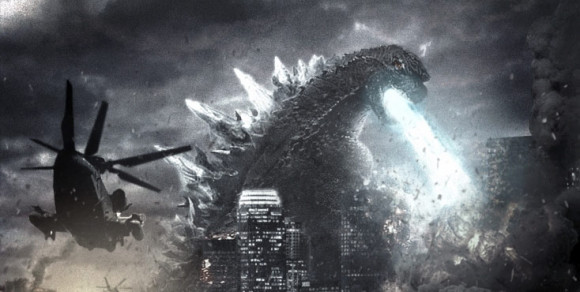In 1954, a monster was released – a rather brilliant monster. Directed by Ishiro Honda, “Godzilla (1954)” proved a worthy film with critics and audiences alike. It was enormous, boasted outstanding special effects for its time, and most of all – it was terrifying. American audiences perhaps did not see the importance this monster held in Japan. They saw a monster film – boom, boom, here comes a big lizard out of the ocean; bang, bang, here comes the military to stop it. Japanese audiences, on the other hand, knew what the film meant, what it was saying, and why it was saying it. The Godzilla of 1954 was, in many ways, a metaphor for the atomic bombs dropped on Hiroshima and Nagasaki, Japan during the later stages of World War II in August of 1945.
Here was this gigantic monster who came stomping out of the seas, releasing its now famous roar into the skies, breathing its atomic breath, and destroying the cities beneath it. The monster was mutated and formed by the nuclear radiation produced by the atomic weapons used several years before. Many civilians in Japan had already witnessed first-hand accounts of the mutations radiation caused, but they had no clue what the long-term effects could be. So, nearly ten years after the bombings occurred, the audiences who saw Godzilla (1954) knew that what they were watching was perhaps the most realistic monster-disaster film ever made up to that particular time.
Now, some sixty years later, Godzilla has been reborn. Although he’s seen the screen more than enough since 1954, due to sequels and prequels and spin-offs and remakes and everything else in between, we’ve never really seen him like this – well, since the original film that is. This is the most interesting aspect of Godzilla (2014). Gareth Edwards, director of the 2010 slow-burn monster drama Monsters, brings us Godzilla just as he was in 1954, only much bigger, better, and with equal amounts of social prevalence as the original film held.
Edwards’ Godzilla takes the same formula and concepts from Ishiro Honda’s Godzilla and simply modernizes it all. They’re both slower films compared to other monster movies, sure, but they also both feature heavy social commentary on nuclear weapons. As previously stated, Godzilla (1954) was a metaphor for the Hiroshima/Nagasaki bombings. The monster was alone, attacking cities and people and cars – a stark symbol of the destruction the bombs made on civilization. Godzilla (2014) is, in some sense, a metaphor for the chemical and nuclear tensions we see today between our country and others. This new Godzilla is more concerned with battling the other monsters that reveal themselves to our civilization, and as a result, these battles leave many of our primary cities leveled – a stark symbol of the destruction that could occur if tensions with other current countries grow any higher.
Overall, Godzilla (2014) is a breathtaking film of the highest order. Finally we have received a summer blockbuster done correctly – or, at least, for the most part. Settling on human drama and interesting social commentaries for the majority of the film is a beautiful ploy pulled by Gareth Edwards, and differs from most summer films; however, there’s just one issue… When your film’s cast boasts both Bryan Cranston AND Juliette Binoche, but you only utilize their talents for, say, 20 minutes tops, that proves to be a problem. Especially when you hand over the reins to Aaron Taylor Johnson and Elizabeth Olsen. There’s certainly nothing wrong with the two latter actors, but they ultimately pale in comparison to Cranston’s versatility and Binoche’s excellence.
Somehow, though, this reboot of Ishiro Honda’s 1954 monster epic sails smoothly, despite said flaws. The climax of the film occurs with precision and impeccable timing. Just when it feels as if the heart of the film is beginning to fade, that familiar Toho-produced camp-style appears just in time, and trust me when I say that it drew a roaring applause from both myself and the audience in the theater. Finding its own place between drama and monster action, “Godzilla (2014)” proves itself as the film of the summer thus far – and the summer has only begun.
Rating: 9/10
Author Bio: Tyler Harris is a film critic and analyst from Louisville, Kentucky. His passionate love for cinema and television keeps him in tune with his writing.


